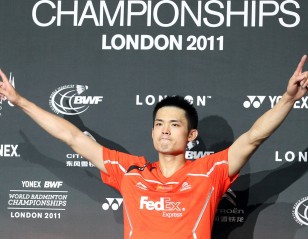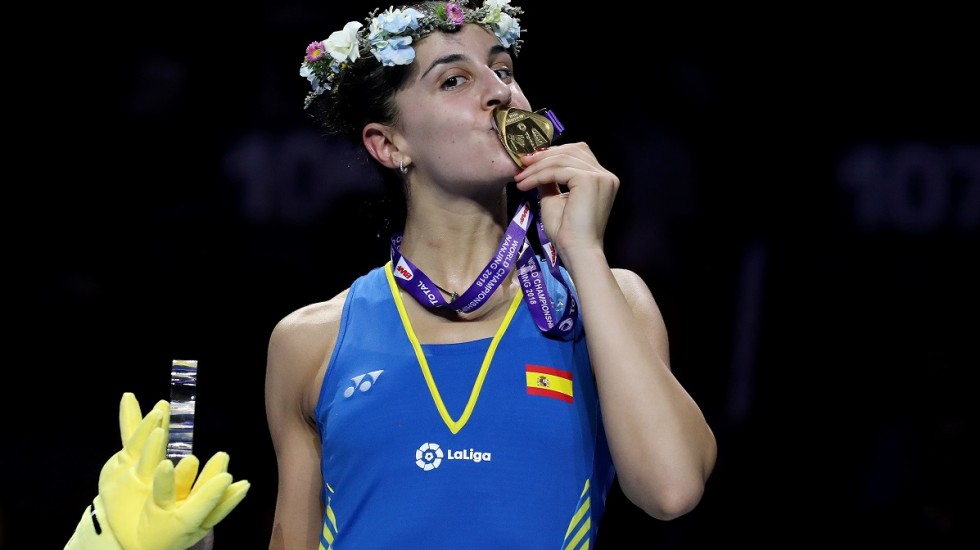
Singles Champions – Down the Ages
Carolina Marin’s TOTAL BWF World Championships gold in 2018 did more than win her an unprecedented third world title – it also extended former monopoly China’s winless streak in Women’s Singles to five years.
China entered the World Championships in 1983 and dominated Women’s Singles over the next three decades. While China were relatively late entrants into world badminton, the World Championships itself began only six years before their debut. Lene Koppen, the charismatic dentist from Denmark, won the Women’s Singles and the Mixed Doubles (with Steen Skovgaard).
Indonesia had been stung by the relative lack of success in Malmo, but they would have their fill in Jakarta three years later, with Verawaty Wiharjo trumping Ivana Lie in an all-Indonesia final. Indonesia won four golds in Jakarta, cementing their status as the major power in badminton.
China made an impact at their first World Championships in 1983. Their early successes were built around Li Lingwei, Han Aiping and Tang Jiuhong, who kept the gold for China from 1983 to 1991.
Indonesia’s Susi Susanti broke that streak in 1993. However, Ye Zhaoying (1995 and 1997) recaptured the pinnacle for China, and the Chinese would hold on except for 1999, when Camilla Martin won the world title at home.
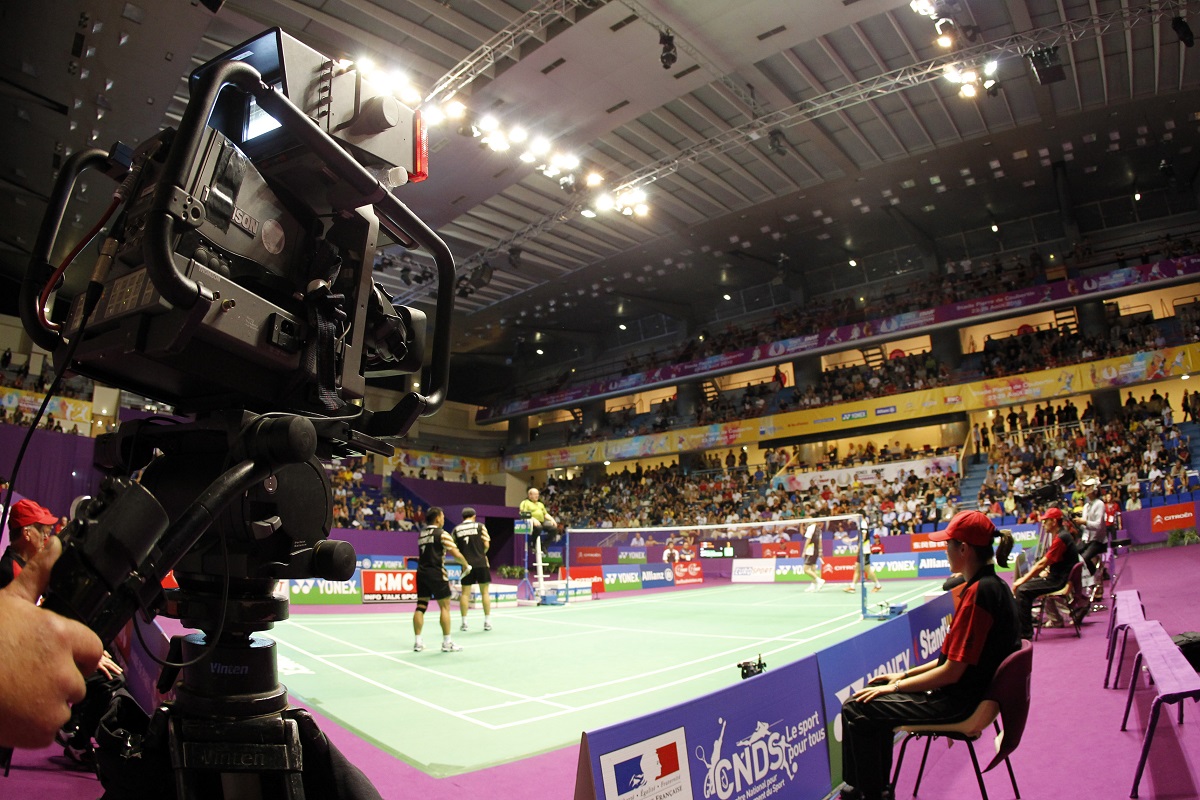
BWF World Championships 2010 in Paris
The turn of the millennium saw China tighten their grip on the women’s game. Gong Ruina and Zhang Ning won titles in Seville (2001) and Birmingham (2003) respectively, followed by Xie Xingfang (2005 and 2006); Zhu Lin (2007); Lu Lan (2009); Wang Lin (2010) and Wang Yihan (2011).
The end of the streak came in dramatic circumstances in Guangzhou in 2013. With Olympic champion Li Xuerui facing three-time World Junior champion Ratchanok Intanon, few would have given the Thai much hope against her Chinese opponent. However, Intanon completed one of the great upsets in World Championships finals, overwhelming Li in a tense final in three games.
The next World Championships final too pitted an underdog against the formidable Li Xuerui. Carolina Marin (featured image) was the first Spaniard in a major final, and in circumstances even tenser than the previous final, Marin edged Li 21-18 in the third game to make history.
In her next final – in Jakarta – Marin was far more assured against her challenger, Saina Nehwal, who was bidding to become the first Indian to win the title. Nehwal, who stopped China’s last challenger, Wang Yihan, in the semi-finals, appeared overwhelmed by the occasion and Marin emerged triumphant in straight games.
The World Championships returned to Glasgow in 2017 after 20 years. It was Nozomi Okuhara’s turn to make history, as she became the first Japanese player to win a singles gold after she beat India’s Pusarla V Sindhu in of the greatest matches of all time.
China’s drought would continue into 2018, with Marin once again asserting herself. The Spaniard had had a mostly uneventful year, but true to style, she found her form when it mattered. It was once again Pusarla at the receiving end, as the Indian went down to the Spaniard, who became the first Women’s Singles player in history to win three Women’s Singles gold medals.
The Men’s Singles, in contrast to the Women’s Singles, has never been dominated by a single country for a prolonged time. Denmark and Indonesia were the early success stories at the Worlds, with Flemming Delfs winning it the inaugural year, followed by the eight-time All England champion Rudy Hartono (1980, pictured below) and his younger compatriot Icuk Sugiarto – who took the title in a cracker of a final in Copenhagen, where he beat his compatriot Liem Swie King.
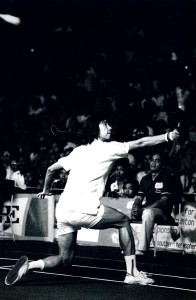
It was then China’s turn for ascendance, with Han Jian (1985) and the left-handed Yang Yang (1987 and 1989) leading the way.
Another left-hander, the brilliant Zhao Jianhua – captured the crown in 1991 before Indonesia asserted themselves once more, through a golden generation of players that included Joko Suprianto (1993) and Hariyanto Arbi (1995).
Peter Rasmussen recaptured the gold for Denmark after 20 years with an epic win over Sun Jun in Glasgow (1997), but Sun Jun would have his moment in the next edition with a contrastingly comfortable victory over Chinese Taipei’s Fung Permadi.
The turn of the millennium saw the title change hands between China and Indonesia, with Hendrawan (2001) taking the crown in Seville; and Xia Xuanze denying Malaysia their first gold by stopping Wong Choon Hann in Birmingham (2003).
The next decade would see the emergence of four greats – Taufik Hidayat, Lin Dan, Lee Chong Wei and Peter Gade, of whom two would win the world title.
Hidayat was at his prime in 2005; Lin Dan would take over with three straight titles in 2006, 2007 and 2009, followed by two more in 2011 and 2013, cementing his place as a legend. The last two came at the expense of Lee Chong Wei, who came close in both finals.
Chen Long took the baton from Lin Dan and repeated his senior’s feat by beating Lee in the finals in Copenhagen and Jakarta.
It was then Viktor Axelsen’s turn to repeat Rasmussen’s feat from 20 years ago, and he did it in the same city. The lanky Dane kept his nerve under immense pressure, beating Lin Dan to enjoy his biggest moment in the sun.
China continued to be thwarted with the return of Kento Momota after a year-long ban; the Japanese was confidence personified as he outplayed China’s Shi Yuqi in Nanjing, making history as the first Japanese to win the Men’s Singles gold.
World Championships News
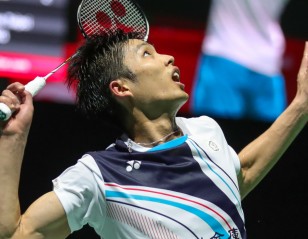
Lessons Learnt, Parting Perspectives 14 September 2019
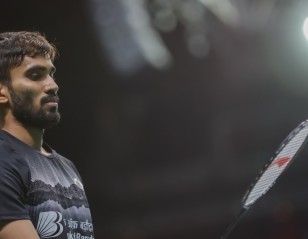
Kidambi Srikanth – A Search for Form 13 September 2019
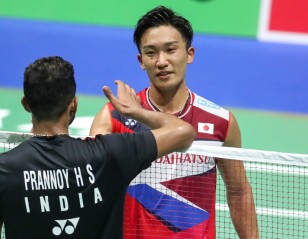
Momota, in the Eyes of his Opponents 12 September 2019
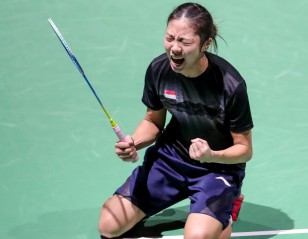
Recap: Upsets at the World Championships 10 September 2019
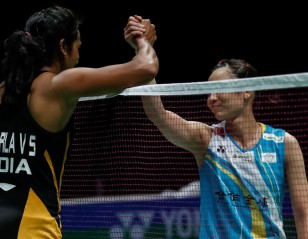
Recap: Memorable Matches of the World Championships 8 September 2019
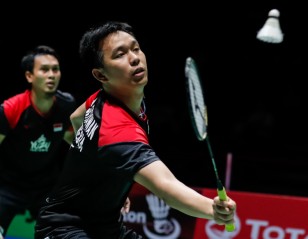
Highlights of the World Championships 7 September 2019
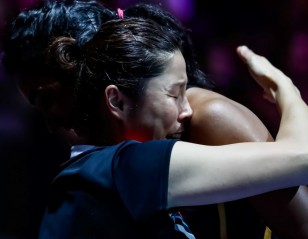
Played ‘Two’ Perfection – Basel 2019 4 September 2019

Badminton, Ice Hockey and the World Championships 4 September 2019

Three-Event Titan – 25th Edition World C’ships 3 September 2019

Legends of ’77 – 25th Edition World C’Ships 31 August 2019
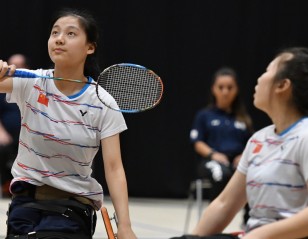
Para Badminton Event Comes to a Close – Basel 2019 27 August 2019
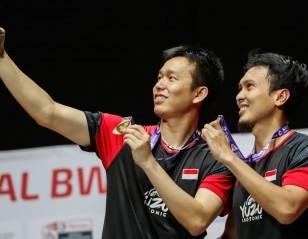
Wristy Trickery Wins the Day – Basel 2019 26 August 2019
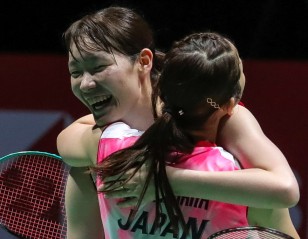
Great Comeback Falls Short – Basel 2019 26 August 2019
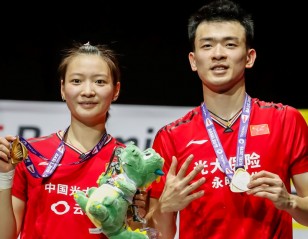
Mixed Doubles ‘Great Wall’ Intact – Basel 2019 26 August 2019
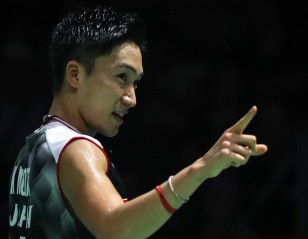
Antonsen Bows to Momota’s Class – Basel 2019 25 August 2019
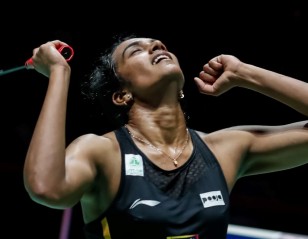
Gold – At Last! – Basel 2019 25 August 2019
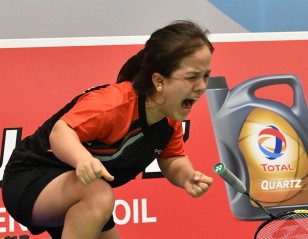
Poveda Makes It a First for Peru – Basel 2019 25 August 2019
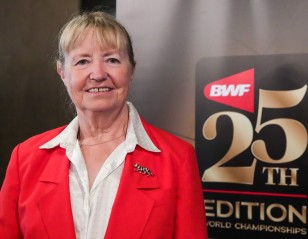
Legend Who Broke Records and Paved the Way for Future Stars –... 25 August 2019

Ray’s a Real Sport – 25th Edition World C’Ships 25 August 2019
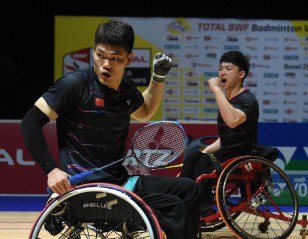
China Take Two Gold – Basel 2019 25 August 2019
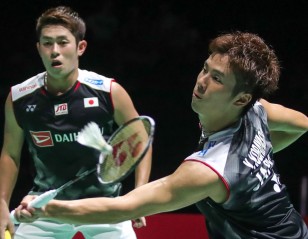
‘Upsetting’ Night for China – Basel 2019 24 August 2019
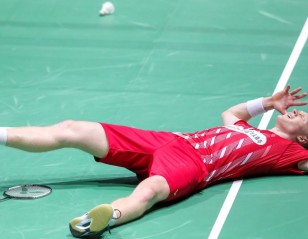
Antonsen’s ‘Insane’ Dream – Basel 2019 24 August 2019
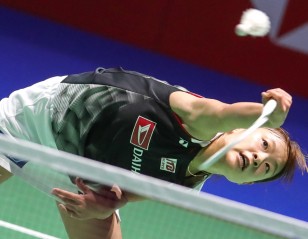
Glasgow ’17 on the Cards – Basel 2019 24 August 2019
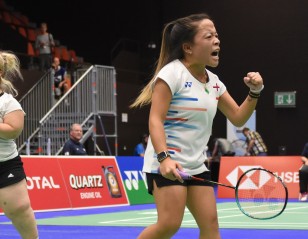
Five Down, Seventeen to Go – Basel 2019 24 August 2019
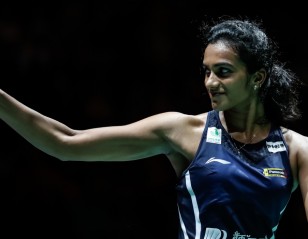
Sindhu Assures Herself: Tomorrow Will Be Different 24 August 2019
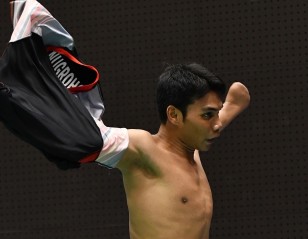
Para Badminton Athletes Turn It Up a Notch – Basel 2019 24 August 2019
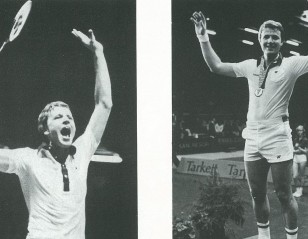
Flaming Dane Set Courts Aglow – 25th Edition World C’Ships 24 August 2019
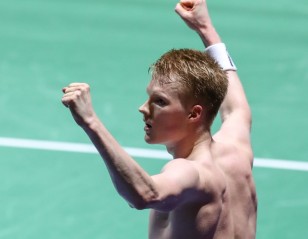
Antonsen Delivers for Europe – Basel 2019 23 August 2019

Du/Li Stand Tall After 2-Hour Epic – Basel 2019 23 August 2019
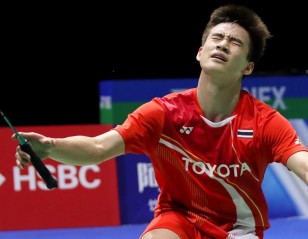
Kantaphon Leads Thailand’s Record Haul – Basel 2019 23 August 2019
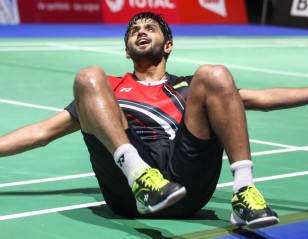
Sensational Session for India – Basel 2019 23 August 2019
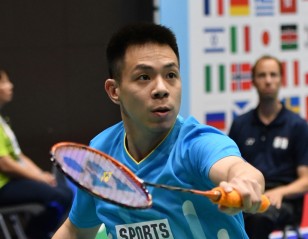
Tall Order for Standing Men – Basel 2019 23 August 2019
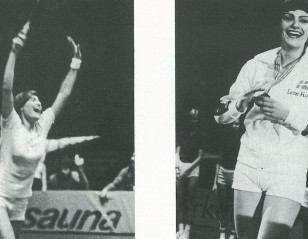
Crowd Pleasing Superstar – 25th Edition World C’Ships 23 August 2019

Teenage Shuttler Meets His Idol – Basel 2019 23 August 2019
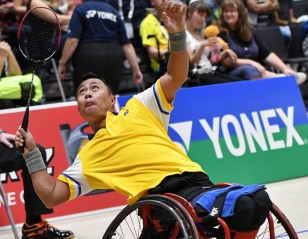
Wheelchair Top Seed Toppled – Basel 2019 23 August 2019
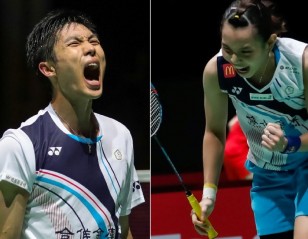
‘Two’ Much Trouble! – Basel 2019 22 August 2019
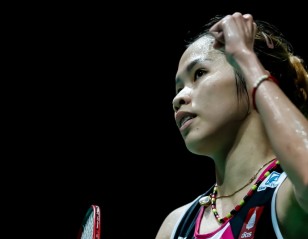
Intanon Survives Scare – Basel 2019 22 August 2019
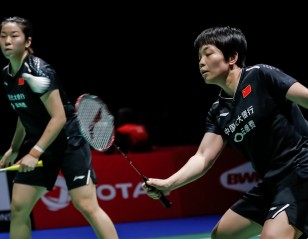
BWF Statement – TOTAL BWF World Championships 2019 22 August 2019
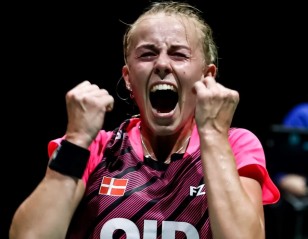
Belated Birthday Blitz! – Basel 2019 22 August 2019
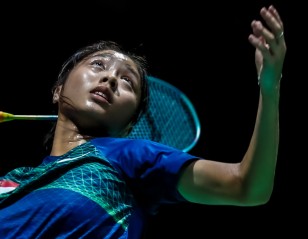
Back Problem Doesn’t Stall Jia Min – Basel 2019 22 August 2019

Girl Power – Basel 2019 22 August 2019

Group Rounds Move into Main Draw – Basel 2019 22 August 2019
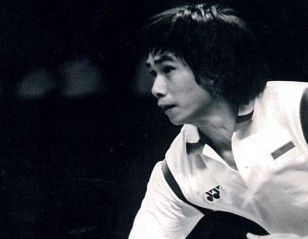
Lessons from the Seventies – 25th Edition World C’Ships 22 August 2019
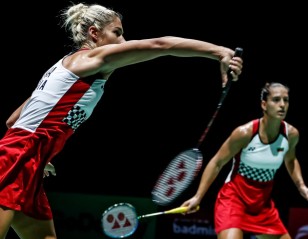
Women Getting in Gear – Basel 2019 21 August 2019
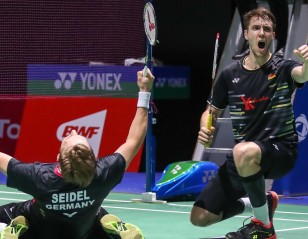
German Shock for Fifth Seeds – Basel 2019 21 August 2019
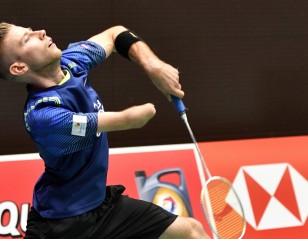
I Feel at Home says Mroz – Basel 2019 21 August 2019
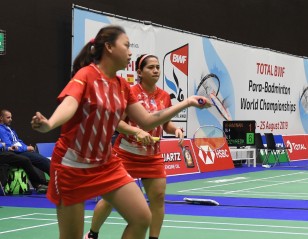
The Power of the Mind – Basel 2019 21 August 2019
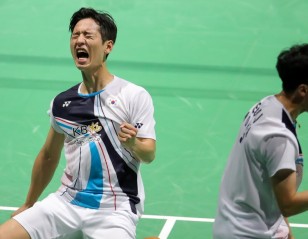
Minions Crash Land at Worlds Yet Again – Basel 2019 21 August 2019
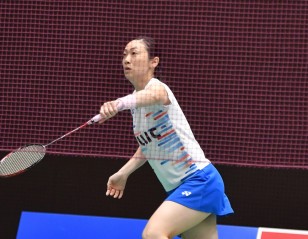
Suzuki Banks on Experience Over Age – Basel 2019 21 August 2019
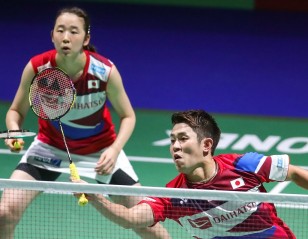
Nagahara ‘Mixing It Up’ – Basel 2019 20 August 2019
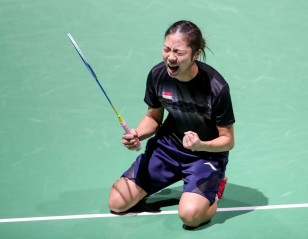
Jia Min Ousts Top Seed – Basel 2019 20 August 2019
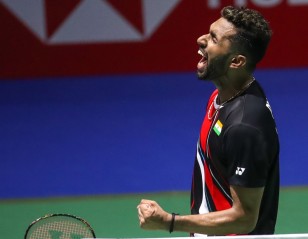
Lin’s Challenge Sputters Out – Basel 2019 20 August 2019
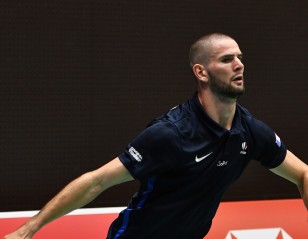
Mazur On Track to Retain Crown – Basel 2019 20 August 2019

Trading One Set of Wheels for Another 20 August 2019
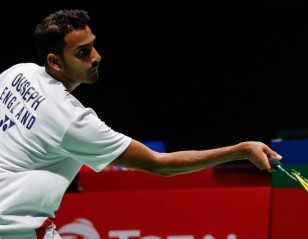
Ouseph Exits Stage, Bids Goodbye – Basel 2019 19 August 2019
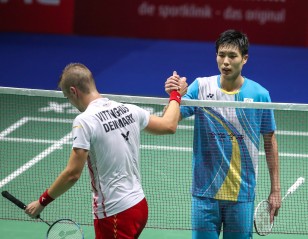
Chou Survives Danish Test – Basel 2019 19 August 2019
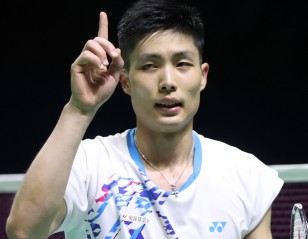
A Title Dedicated to a Battle Against Cancer 19 August 2019
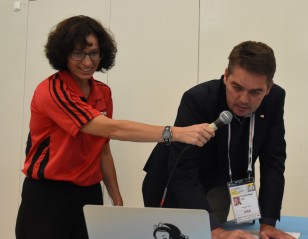
Draw Provides an Even Playing Field for All 18 August 2019

Para-llel Event a Unique Experience for Badminton Fraternity 18 August 2019
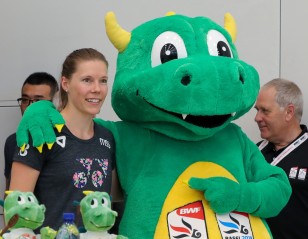
An Occasion to Cherish for Jaquet – Basel 2019 18 August 2019
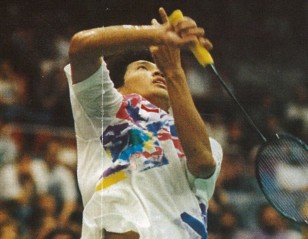
‘100 Watt Smash’ that Lit Up Lausanne – 25th Edition World C’Ships 17 August 2019
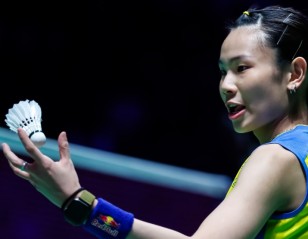
Preview: Worlds of Opportunity 17 August 2019
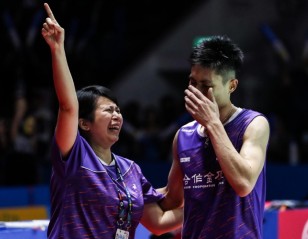
By Chou’s Side 16 August 2019
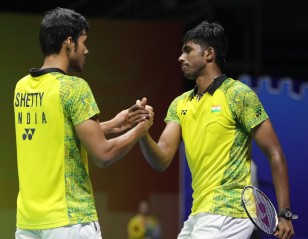
Satwik/Chirag to Miss World Championships 16 August 2019
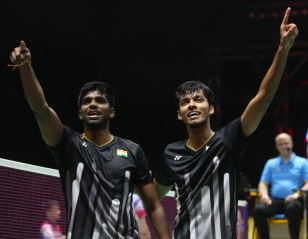
Indian Pair Blazes a Trail 15 August 2019
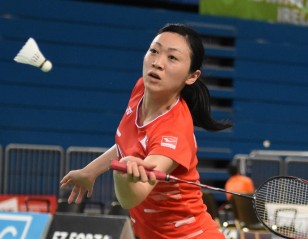
Awesome Threesome of SU5 – Para Badminton World C’Ships 14 August 2019
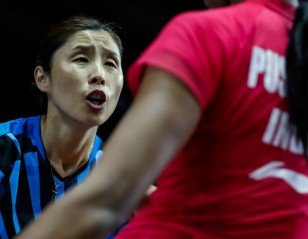
Life Lessons, From Coach Kim Ji Hyun 14 August 2019
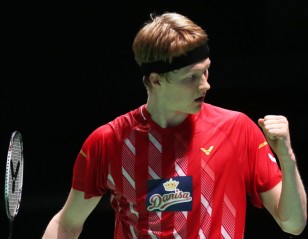
Free of Pressure, Antonsen Senses His Chance 13 August 2019
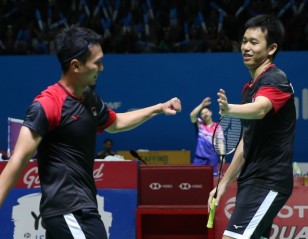
Ahsan/Hendra Play it Cool Despite Hot Form 11 August 2019

England Duo Anticipate Fruitful Week in Basel 10 August 2019

Women’s Singles Re-Draw – TOTAL BWF World Championships 2019 9 August 2019
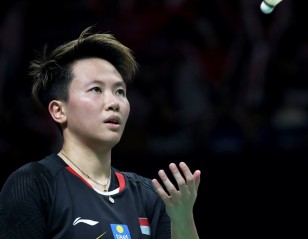
Winny Will Need Support: Liliyana Natsir 8 August 2019

Sports Upbringing Gives Edge to Poveda 7 August 2019
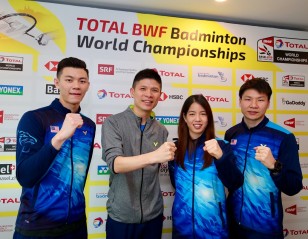
World Championships Draw Released 5 August 2019
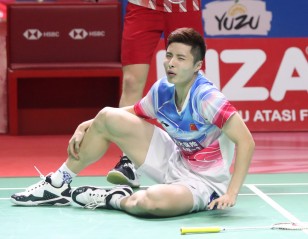
Marin, Shi Join Axelsen on Sidelines 5 August 2019
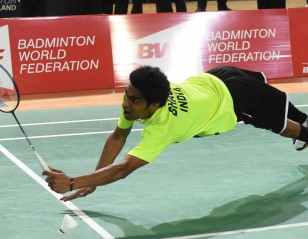
New Para Badminton Chapter Unfolds in Basel 1 August 2019

Injured Axelsen Withdraws From World Championships 31 July 2019
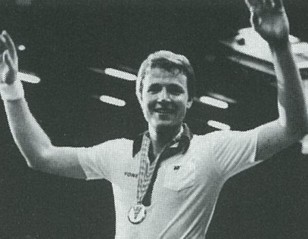
From Malmo to Basel – 25th Edition World C’Ships 30 July 2019
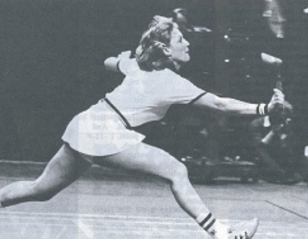
Famous Five and the Good Old Days – 25th Edition World C’Ships 19 July 2019
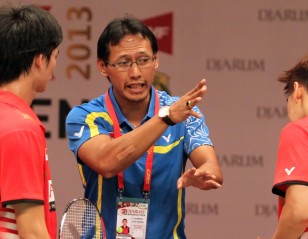
Revisiting a Hero: Sigit Budiarto 11 July 2019

History Beckons Zhang Nan 10 July 2019
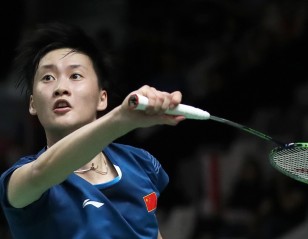
Chen To Lead China’s Charge 9 July 2019
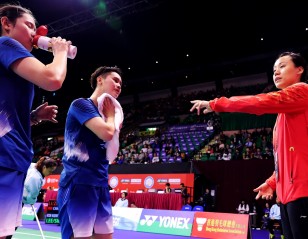
19 Days Left To Register for World Coaching Conference 26 June 2019
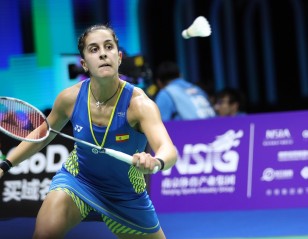
Marin on the Mend and Eyes Return 22 June 2019
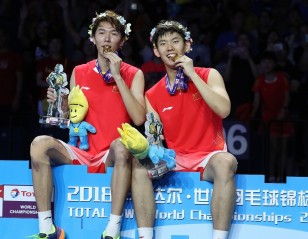
Two Months To Go – World C’Ships Countdown 19 June 2019

Li & Liu – Stepping Up When It Matters 7 June 2019
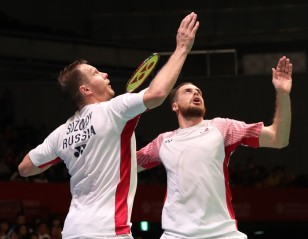
Ivanov & Sozonov Rekindle The Fire 3 June 2019
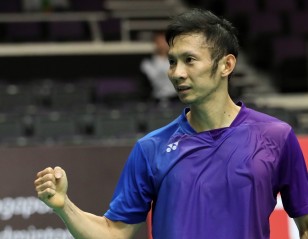
Tien Minh – Veteran Still Chasing His Dreams 2 June 2019
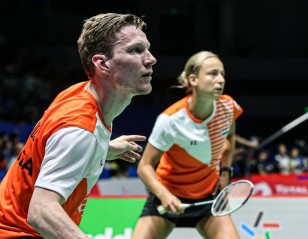
Confidence Boost for Dutch Duo 1 June 2019
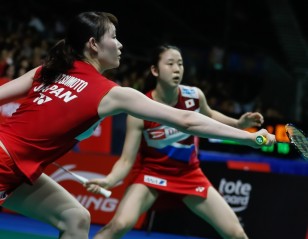
Matsumoto & Nagahara: Rapid Ascent to Pinnacle 8 May 2019

Tai Eases into Top Gear 25 April 2019
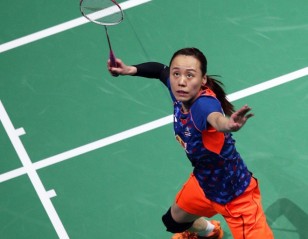
Zhao Yunlei Star Speaker at Coaching Conference 24 April 2019
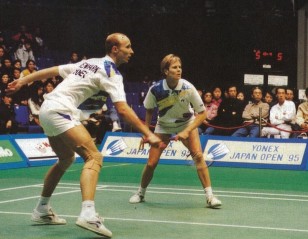
‘The Physical Level Has Gone Up’ 22 April 2019
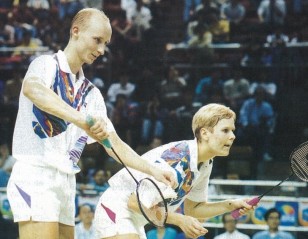
Memories of Lausanne 1995 20 April 2019
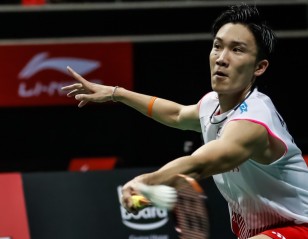
Momota Sets the Pace, but Speedbreakers Lurk 18 April 2019

BWF and Total Celebrate Five Years of Partnership 18 April 2019

Badminton Thrust into Bright Lights – World C’Ships 13 March 2019

Gold and Glory for Arbi – Throwback ’95 World C’ships 19 February 2019

GoDaddy Extends Major Events Partnership with BWF 11 February 2019

Star speakers assembled for BWF World Coaching Conference 2019 30 January 2019
